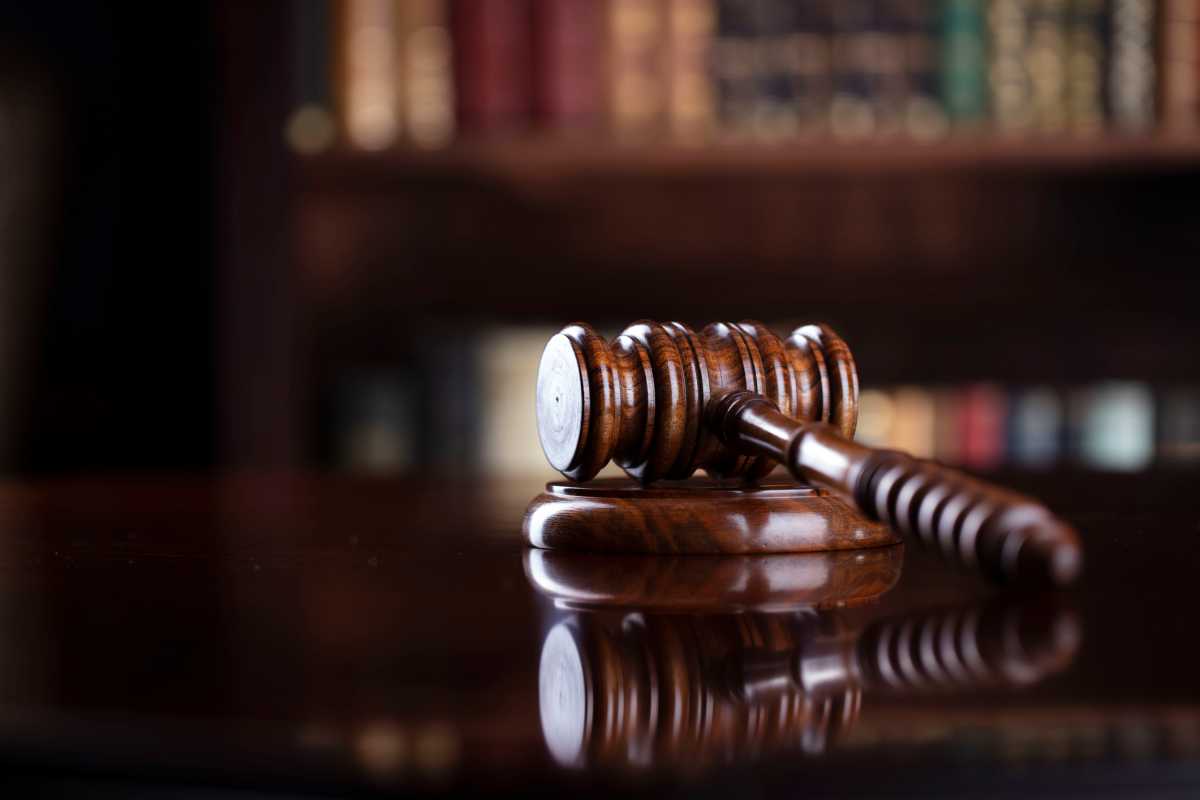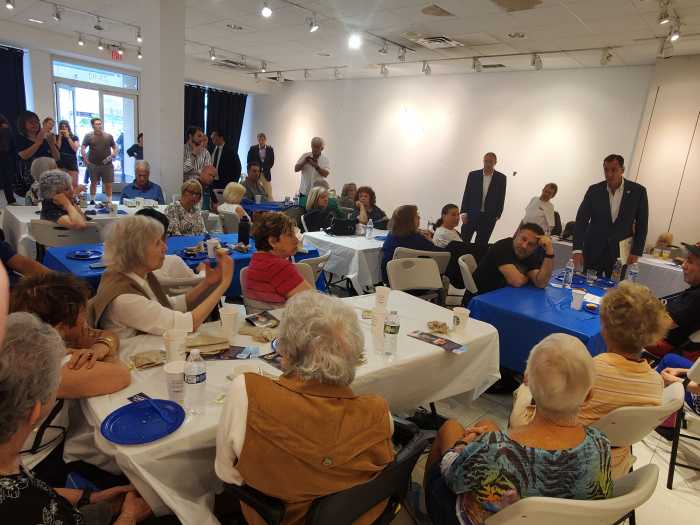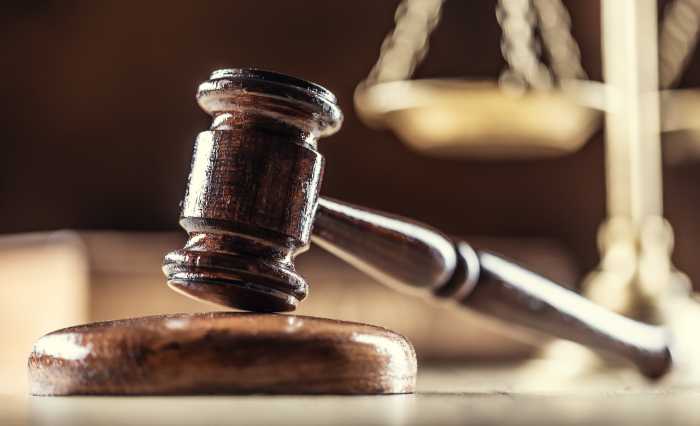A coalition of New York City co-op and building owners filed a lawsuit against the city of New York, the New York City Department of Buildings and Eric Ulrich, in his capacity as commissioner of the New York City Department of Buildings, on May 18.
The lawsuit, filed by two garden co-ops in Queens, their respective board presidents and the owner of a mixed-use commercial and residential building in Manhattan, alleged that the implementation of Local Law 97 (LL97) would result in draconian fines for them and many other building and co-op owners across the city.
Passed in 2019, LL97 requires buildings in New York City of more than 25,000 square-feet and certain multi-building properties to meet new energy efficiency and greenhouse gas emissions limits by 2024. The plaintiffs argue that the law instead puts buildings like theirs in a position where facing penalties is unavoidable, even if they voluntarily met or exceeded previous targets for emissions reductions and otherwise complied with all laws in effect when they designed, constructed and renovated their buildings.
According to the plaintiffs in the lawsuit, the penalties are too excessive and disproportionate, in large part because the law fails to account for factors such as building density, hours of operation or the specific nature of a building’s occupancy. As a result, they believe the law will penalize more efficient buildings that have densely populated tenant spaces or house businesses that necessarily use a significant amount of raw energy while less efficient buildings meet the emissions caps simply because they are sparsely populated or operate for just a limited number of hours each day.
“The one-size-fits-all algorithms used to determine greenhouse emissions do not work for many buildings,” said Glen Oaks Village President Bob Friedrich. “LL97 requires older cooperatives to undertake costly retrofitting of heating, hot water and ventilation systems to meet current building standards, regardless of need or ability to pay for such equipment. The burden of compliance sits squarely on the shoulders of working-class families living in some of New York’s older buildings and there is no way to escape the crippling penalties imposed.”
“Bay Terrace is home to working-class, middle-income residents, including senior citizens and others on fixed incomes, empty nesters, young families and single parents,” Bay Terrace Cooperative Section I President Warren Schreiber said. “Residential cooperatives, one of the last bastions of affordable middle-income, working-class housing in NYC, will become unaffordable under the financial burden of Local Law 97.”
The lawsuit also claims that LL97 is unconstitutionally retroactive, as it punishes building owners for their prior decision-making in compliance with existing law. The owners designed, constructed and renovated their buildings based on the environmental requirements that were in place at the time but now are being told to undo those decisions if they don’t want to get fined. The retrofits would also cost a lot of money for many building owners, yet they may still not be enough to meet the requirements from LL97.
“Even if we spend $24 million on the most efficient boilers available today as LL97 requires, the crushing fines would not be eliminated,” Friedrich said. “They would only be reduced from $1,096,200 to $818,000 annually.”
In the lawsuit, the plaintiffs also allege that some key provisions from LL97 are too vague and ambiguous, making it extremely difficult for owners to reasonably understand what is required of them and opening the door for arbitrary enforcement. Additionally, since the penalties aren’t earmarked for any environmental goal, the plaintiffs in the lawsuit argued that LL97 actually operates as an improper tax imposed by the city without the necessary authorization from the state.
“While my clients recognize the issue of addressing climate change, Local Law 97 does so in name only,” lead counsel for the plaintiffs Randy M. Mastro said. “New York State has already enacted a comprehensive greenhouse emissions law that covers the field. But the city has massively overreached here and far exceeded its constitutional and statutory authority with this Local Law, which will only make New York City less affordable, drive out essential businesses and unfairly penalize owners who have always complied with applicable emissions laws, only to now face this onerous new city law.”

































